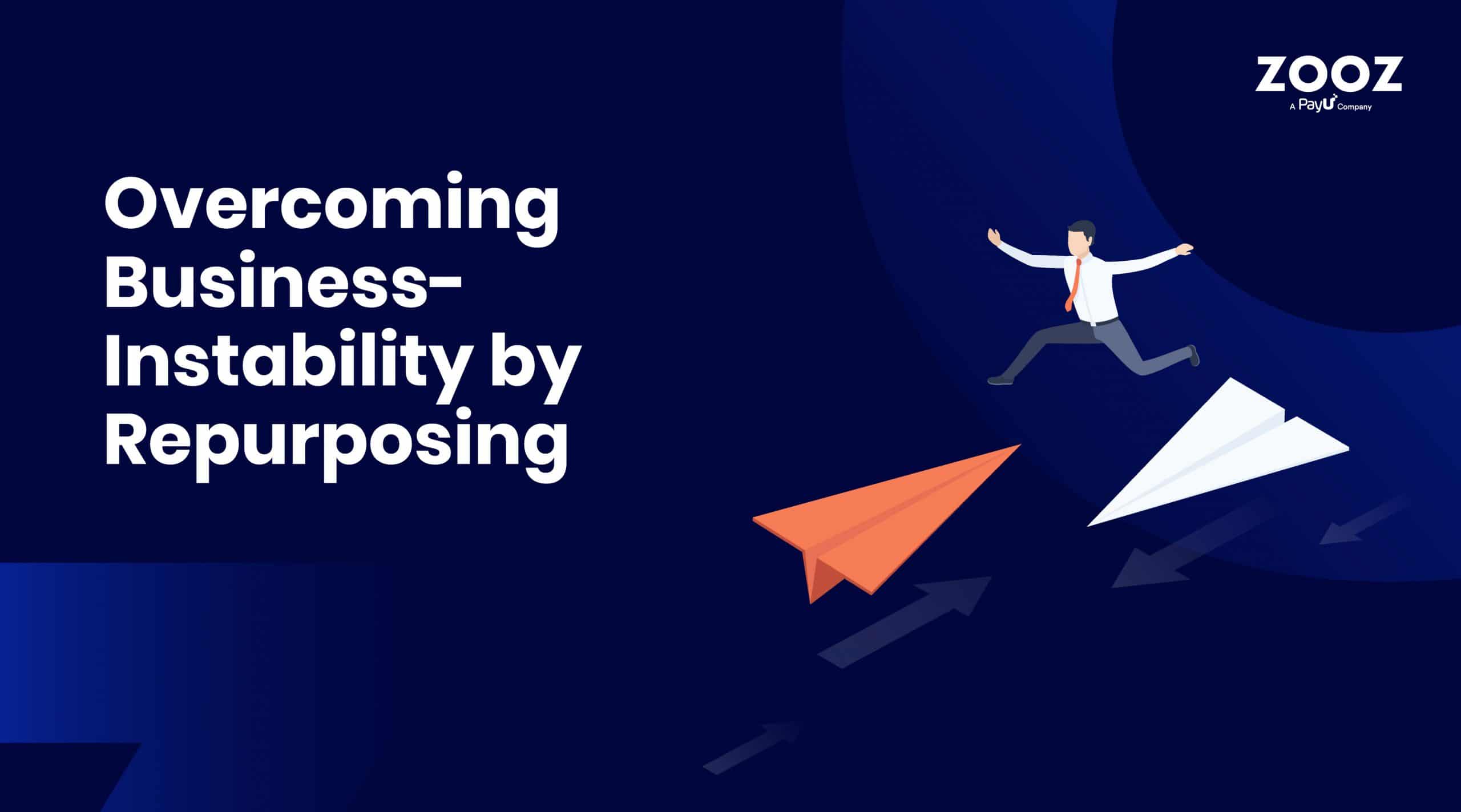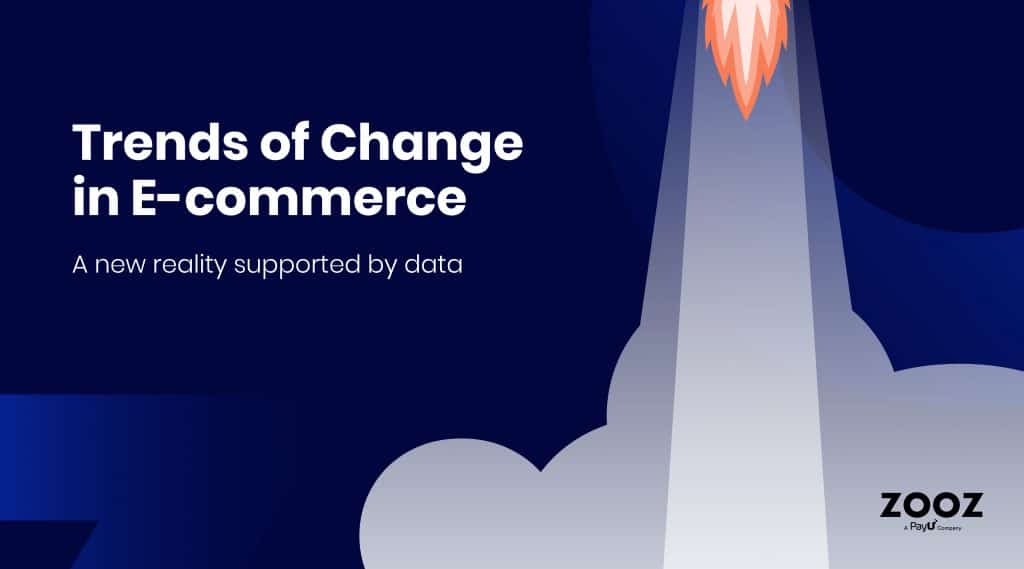Overcoming Business-Instability by Repurposing
It wouldn’t be an understatement to say that COVID-19 is shaking-up all aspects of life.
Changes have spared no one: individuals, small companies, enterprises, and states – everyone is having their fair share. Some fundamental aspects of our daily lives (e.g. going to the office, flying to a different country or simply getting groceries instore) have become a rarity or a distant memory, while others have become almost second nature. Big changes are also happening by the dint of demand. A huge spike in online searches is recorded for items one would not normally think of as that desirable – Bidet (as a replacement for a dwindling supply of toilet paper) is one that’s taking the forefront (with a rise of more than three hundred percent of interest from the previous month), pulse oximeter and dumbbells are also prominent contenders. These examples just show how fluid demand can get, and how flexible the market needs to be. That’s where the phenomenon of repurposing comes into play.
What is Repurposing?
Repurposing is a general term describing the process by which an original use of an item is altered to serve a new goal/purpose. In the COVID-19 era, companies are changing their business model and/or repurpose their offering – whether to stay afloat during this financial crisis or to answer the growing need for certain commodities.
COVID-19 : Who’s Repurposing Now?
From airlines and medical companies to perfumeries and 3D printers – it seems that repurposing is now happening across multiple industries and verticals, causing changes to companies’ production lines and R&D capabilities to fit in with this new-found reality.
Airlines Switch to Cargo
With a ninety percent decrease in passenger traffic and traveling, it was only a matter of time until airlines – which rely heavily on fluid cashflow – adjust their offering to survive this crisis. Companies such as American Airlines Group, Cathay Pacific Airways Ltd., and others, are repurposing their airplanes to ship cargo. And while sending cargo on an airplane costs considerably more than sending it via the sea, it has some advantages at this time as it serves the need to send sensitive, perishable items in the most efficient way. This advantage came into play recently, when American Airlines flew COVID-19 tests on a regular, non-cargo, airplane.
Medical discoveries change paths
COVID-19 also drives repurposing in other industries, where companies use accumulated knowledge or expertise and shift it towards the common goal of fighting the pandemic – a Spanish team has recently put 3D technology into use by quickly manufacturing an emergency-use ventilator out of 3D-printed parts. Discoveries made by biotech companies and pharmaceuticals are also put into use, even if the discoveries were made with the initial goal to remedy something else.
From iPhones to face masks
Another company joining the effort and repurposing its current offering is Foxconn, the manufacturer of iPhones. The company has allocated part of its production line to make surgical masks, to answer the growing need worldwide.
Beer & perfume into hand sanitizers
Alcohol-based sanitizers have become a highly required commodity. To provide adequate supply, the giant LVMH is converting its French cosmetics factories into production facilities for hand sanitizer with the objective to distribute them to local hospitals; U.S. distilleries also join the effort by creating their own alcohol-based solutions.
Financial Benefits of Repurposing
Repurposing at this stage does not only help companies to protect their own workforce and serve a greater good, but also helps companies to keep production lines up and running in times of low demand, generate moderate revenues, and positively impact their reputation.
Can Your Business Repurpose at This Time?
A lot can be said about the current economic situation, but whether you are a manufacturer or a startup owner, every vertical has the potential to adjust and repurpose some of its structure or offering to come out triumphant of this current situation: working from home, changing offering or repurposing office space are all valid options, and are all a form of repurposing. In Germany, McDonald’s employees are supporting retailer Aldi to overcome the customer rush. That way McDonald’s employees are not left without employment while at the same time they are able to aid with the growing demand in other sectors. The potential for repurposing goes far beyond manufacturing and the silver lining is that with some creativity, many businesses can come up with adequate solutions to see the light at the end of this dark tunnel.




